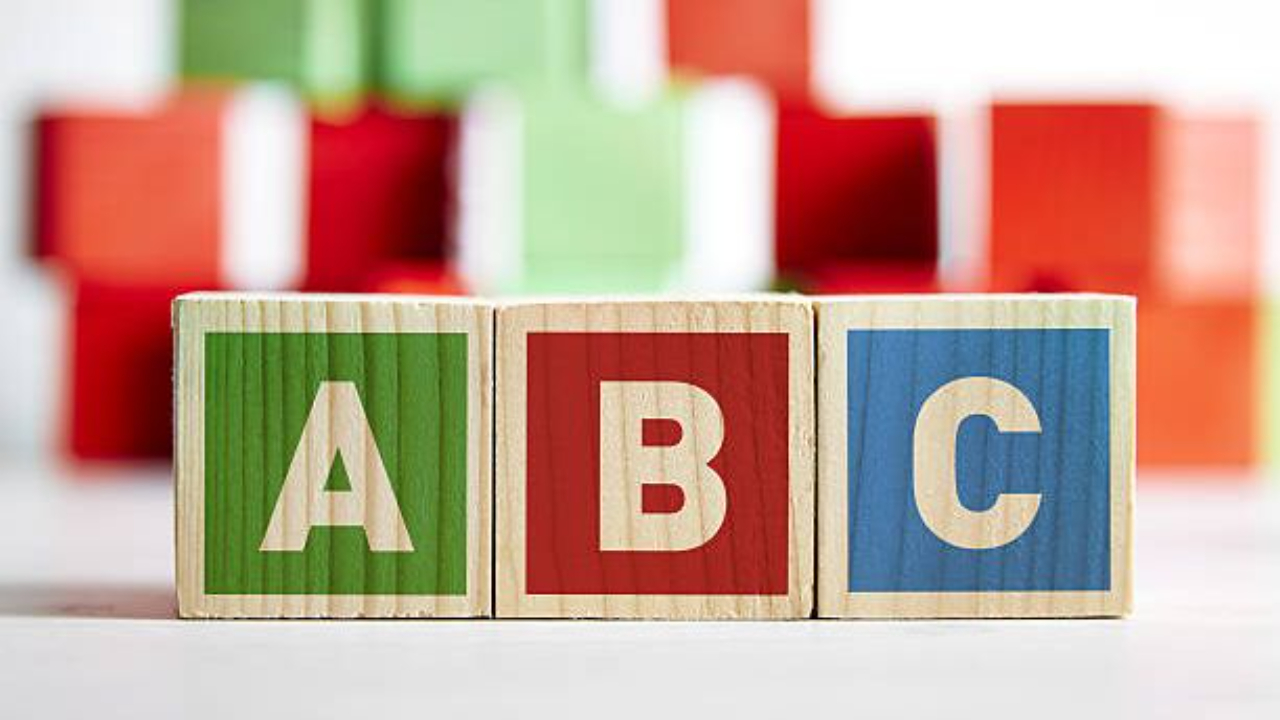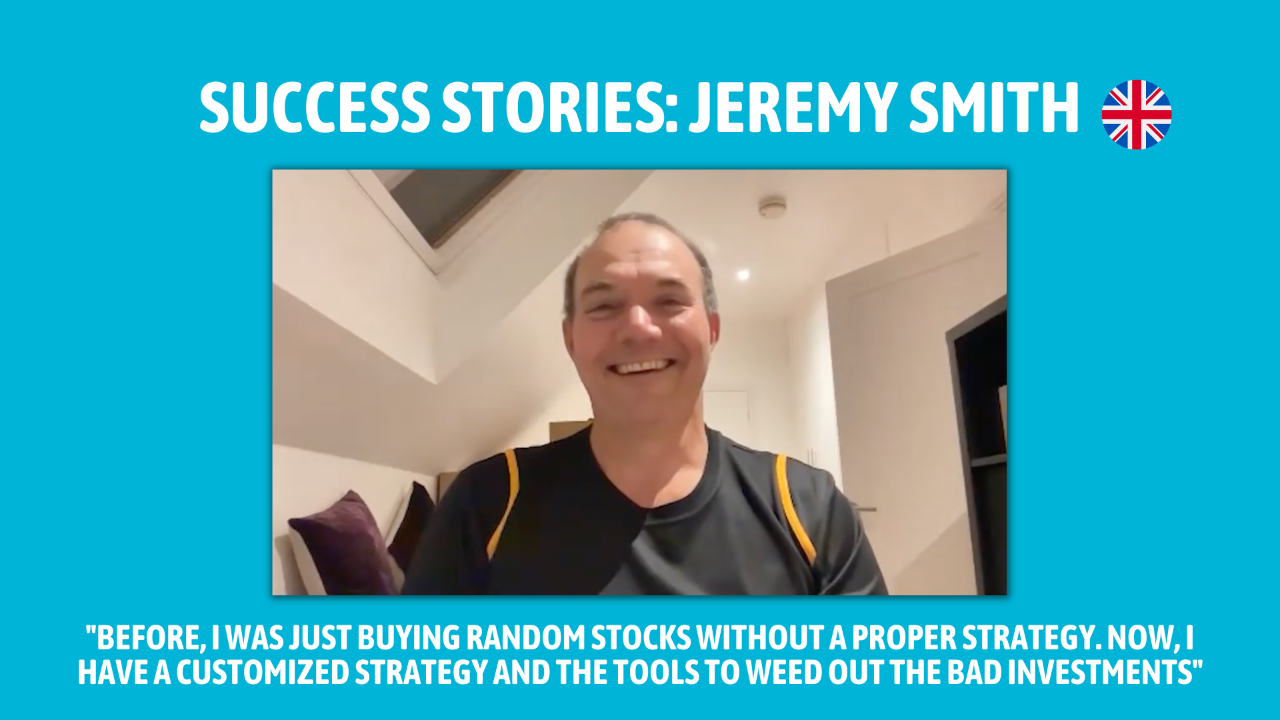
What Happens If Your Broker Goes Bankrupt?
Feb 09, 2025Hello Stoic Investors,
Have you ever wondered what happens if your broker goes bankrupt?
Would you lose your hard-earned money?
Maybe… or maybe not.
Let me explain.
A broker is more than just a trading platform—it’s your gateway to the stock market and where you store both cash and investments.
But if your broker goes bankrupt, the way your assets are handled depends on whether they are cash or investments.
What Happens to Your Cash?
Cash in a brokerage account follows the same rules as bank deposits.
Governments provide a level of protection to make sure you don’t lose everything.
Here's what you need to know:
- United States: Up to $250,000 per depositor is insured by the SIPC (Securities Investor Protection Corporation).
- European Union: €100,000 per depositor is guaranteed by the European Deposit Insurance Scheme.
- United Kingdom: Up to £85,000 per depositor is protected by the Financial Services Compensation Scheme (FSCS).
What does this mean?
If you hold more cash than the insured limit, any extra could be at risk.
For example, if you have $150,000 in cash in a U.S. brokerage account, only $100,000 might be protected under SIPC, leaving $50,000 potentially exposed.
So, the only solution is to not keep too much cash in your broker.
What Happens to Your Investments?
Unlike cash, your investments are much safer.
When you buy stocks, ETFs, or bonds, the broker holds them for you, but they don’t own them and can’t use them.
If your broker goes bankrupt:
- Your assets remain yours and are stored separately from the broker’s funds.
- You may need to transfer your investments to another broker, but you won’t lose them.
- The transfer process might take time, but your holdings will still be safe.
Even if you have $1,000,000 invested, your stocks and ETFs are protected.
How to Keep Your Money Safe
Even though your investments are protected, dealing with a failed broker can be annoying.
Here’s how to avoid problems:
1. Pick a solid broker
Make sure it’s regulated by a trusted authority and check if it has had legal issues in the past.
You can use sites like BrokerChooser to compare brokers and check for any warnings or past issues.
You can search online for complaints, and see if there are any warnings or fines against the broker.
2. Don’t keep too much cash in your broker
Invest your money instead of holding large cash amounts to ensure that all your cash falls within the protected limits.
3. Stay informed
Keep an eye on your broker’s financial health and be ready to move your money if needed.
You can check if your broker has had issues by visiting the relevant regulatory site for your country, that oversee brokers and financial institutions to ensure they operate legally and protect investors:
- United States: The SEC oversees brokers to ensure compliance and protect investors.
- United Kingdom: The FCA regulates financial services to maintain market integrity.
- European Union: ESMA works to improve investor protection and stability in financial markets.).
Your investments are generally safe, but cash requires some extra care.
By choosing a strong broker and keeping unnecessary cash out of your brokerage account, you can invest with confidence!
So, note down these three key-points and start investing today:
1. Cash protection has limits: Government schemes only cover a certain amount, so don’t keep too much cash in your broker.
2. Your investments are safe: Stocks and ETFs remain yours even if your broker fails, but transferring them may take time.
3. Choose wisely: Pick a reliable, well-regulated broker and monitor its financial health to avoid unnecessary stress.





